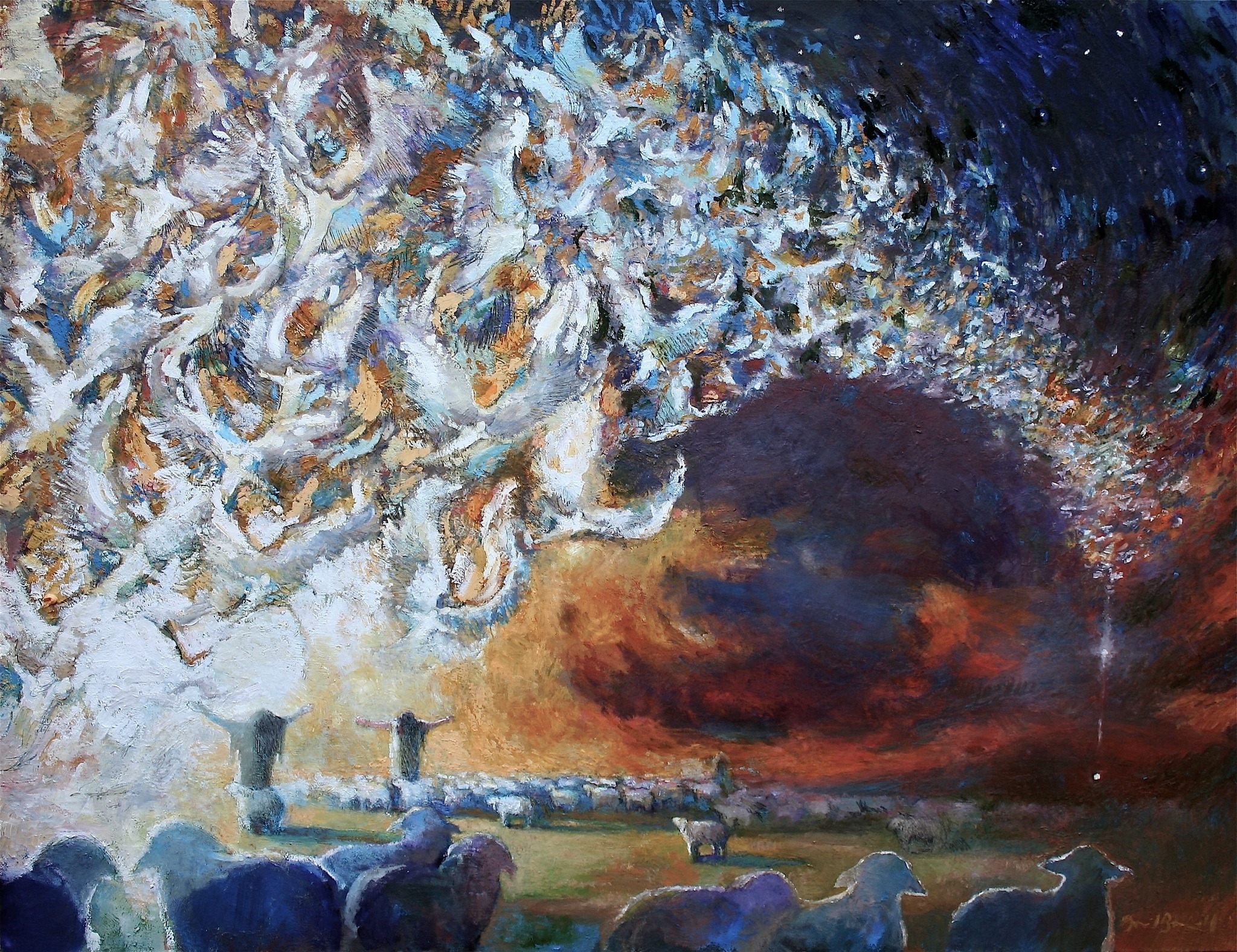Rev José Mario O Mandía
jmom.honlam.org
“Faith and reason are like two wings on which the human spirit rises to the contemplation of truth; and God has placed in the human heart a desire to know the truth – in a word, to know himself – so that, by knowing and loving God, men and women may also come to the fullness of truth about themselves (cf Ex 33:18; Ps 27:8-9; 63:2-3; Jn 14:8; 1 Jn 3:2)” (Fides et ratio, 1). Thus St John Paul began his 13th encyclical letter (he issued fourteen).
In the previous series, we have seen that we normally use three ways of acquiring knowledge: our senses, our reasoning (intellect), and faith (Bite-Size Philosophy 3). These are three ways of getting to the facts, three ways of reaching the truth.
Many people think that reasoning and faith are opposed to each other. But we have seen that this is not so. Indeed, reason needs human faith to operate. GK Chesterton noted: “Reason is itself a matter of faith. It is an act of faith to assert that our thoughts have any relation to reality at all” (GK Chesterton, Orthodoxy).
Even scientific knowledge is based on human faith. There are many scientific truths that we accept not because we have observed them personally, or because we have figured them out with our reason. Much of our scientific knowledge is based on human faith in scientists: from the existence of subatomic particles to the existence of black holes.
REASON NEEDS FAITH
In the previous series, we have endeavored to use reason to explore the many “why’s” of life. There comes a point, however, when reason does not suffice.
The use of reason helps us to discover a painter that created the painting, but it does not tell us more about the painter himself: unless someone who knows the painter, or the painter himself, introduces himself to us.
That’s an analogy of the relation between reason and faith. Reason can lead us to the First Cause, but it takes more than reason to know more about Him. We need Him, or His representative, to speak to us. That’s where faith comes in. “In many and various ways God spoke of old to our fathers by the prophets, but in these last days he has spoken to us by a Son” (Hebrews 1:1).
FAITH NEEDS REASON
God speaks to us who are His image and likeness. That image is found in our spiritual soul which has the power to know and to will. God speaks to us as beings who are capable of understanding. He speaks about Himself, but He wants us to use our intellect to understand and explore. Jesus told his apostles: “Hear and understand” (Matthew 15:10).
Theology is the effort to understand what we have heard. Saint Augustine (354–430) and Saint Anselm of Canterbury (ca 1033 – 1109) thus described theology as “fides quaerens intellectum” — faith seeking understanding.
If a man truly aspires to know the truth, he needs to use both reason and faith. “The history of religious thought shows that there are two positions which have led to absurdity. They are faith without reason and reason without faith” (Fr Anthony Alexander, College Apologetics, p 3). Faith without reason ends in empiricism, or voluntarism, or sentimentalism. All three are irrational, all three not befitting humans. Reason without faith cannot completely answer our questions, it cannot help us (as we have seen above) “come to the fullness of truth about themselves.”
The journey of theology is a continuation and completion of the journey of philosophy. We should not leave reason behind. Rather, we should keep both reason and faith as companions for our journey.


 Follow
Follow

